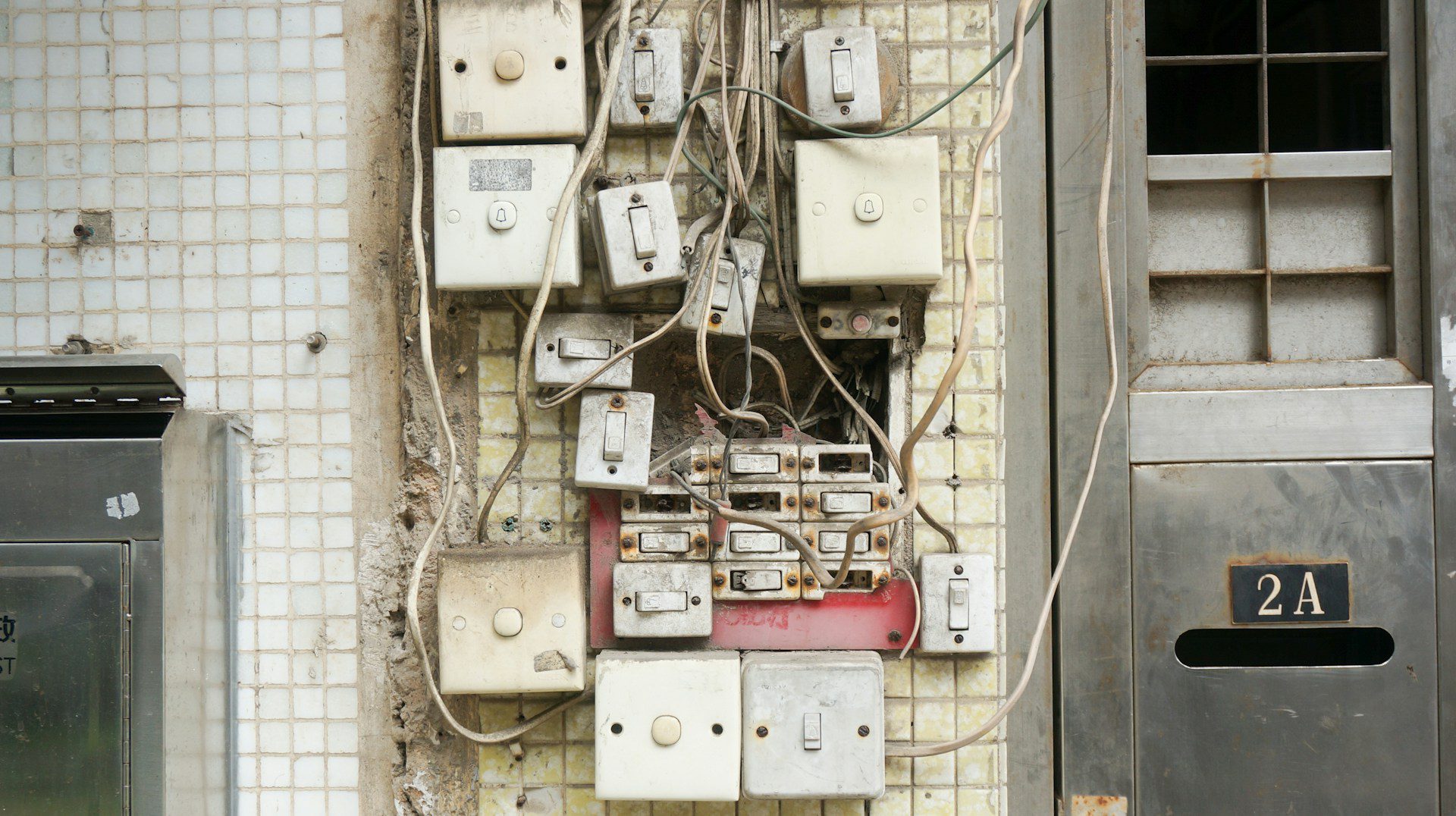Your basement is an important part of your home, often serving as a storage area, laundry room, or even a cozy living space. However, it can also be a source of numerous issues that could affect the rest of your house. Many homeowners are unaware of the potential hazards lurking in their basements that can cause serious damage. This post will shed light on 13 things in your basement that could be damaging your house.
1. Dampness and Mold

Dampness is the enemy of any home as it promotes the growth of mold and mildews which can lead to structural damage over time. Mold can rot wooden structures, weaken foundations, and even cause health hazards for the home’s occupants.
To prevent this, ensure adequate ventilation in your basement and install a dehumidifier to control moisture levels. Regularly check for signs of dampness or mold, like discolored patches on walls, a musty smell, or water stains.
2. Poor Ventilation

A poorly ventilated basement can lead to a buildup of moisture and harmful gases like radon, which can cause health issues and damage to your home. It also encourages the growth of mold and mildew.
To improve ventilation, consider installing an air exchange system or vents. Also, make sure any existing vents are not blocked and are cleaned regularly.
3. Pests

Pests such as rats, termites, and other insects can wreak havoc on your home. They can chew through wires, insulation, and wood, causing serious structural damage.
To keep pests out, seal any cracks or holes in the foundation, walls, and windows. Regularly inspect your basement for signs of pests, like droppings or chewed materials, and consider regular pest control services.
4. Cracked Foundation

A cracked foundation can lead to serious structural issues in your home. It can allow water to seep into your basement, causing dampness and mold growth.
Regularly inspect your foundation for cracks and get them repaired immediately. Also, ensure proper drainage around your home to prevent water from pooling around the foundation.
5. Improperly Stored Items

Improperly stored items, especially flammable materials, can pose a fire risk. They can also attract pests and create clutter, which can lead to other issues like mold growth.
Store items properly in sealed containers and keep flammable materials in a safe, designated area. Regularly declutter your basement to keep it clean and organized.
6. Leaky Pipes

Leaky pipes can cause water damage to your home and promote mold growth. They can also lead to high water bills.
Regularly check your pipes for leaks and get them repaired immediately. Also, insulate your pipes to prevent them from freezing and bursting in winter.
7. Asbestos Insulation

Older homes may have asbestos insulation, which can be a serious health hazard if disturbed. Prolonged exposure can lead to serious respiratory diseases.
If you suspect your home has asbestos insulation, do not try to remove it yourself. Hire a professional asbestos abatement company to do the job safely.
8. Old Wiring

Old, outdated wiring can pose a fire risk. It may not be able to handle the electrical load of modern appliances, leading to overheating and potential fires.
If your home is older, consider getting the wiring inspected by a professional electrician. If needed, get the wiring updated to meet modern safety standards.
9. Ignored Maintenance

Regular maintenance is crucial to keep your basement and your home in good shape. Ignoring maintenance can lead to small issues becoming big, expensive problems.
Stick to a regular maintenance schedule, including cleaning, checking for leaks or damage, and pest control. Regular maintenance can prevent issues before they become serious problems.
10. Lack of Fire Safety Measures

Without proper fire safety measures, a fire in your basement could quickly spread to the rest of your home. This includes smoke alarms, fire extinguishers, and escape routes.
Ensure you have working smoke alarms in your basement and check them regularly. Also, have a fire extinguisher handy and make sure everyone in your home knows how to use it and knows the escape routes.
11. Unsealed Windows and Doors

Unsealed windows and doors can let in cold air, making your home less energy efficient. They can also let in water, leading to dampness and mold growth.
Check your windows and doors for drafts and seal them properly. This can save you money on energy bills and prevent water damage.
12. Blocked Drains

Blocked drains can cause water to back up and overflow, leading to water damage. They can also cause unpleasant odors and attract pests.
Keep your drains clean and free of debris. If your drains are regularly blocking, consider getting them professionally cleaned or inspected for damage.
13. Ignored Radon Levels

Radon is a radioactive gas that can accumulate in basements, leading to health issues. It’s invisible and odorless, so the only way to know if it’s present is to test for it.
Get a radon test kit and check your basement for radon levels. If they are high, consider professional radon mitigation services to reduce the levels.














